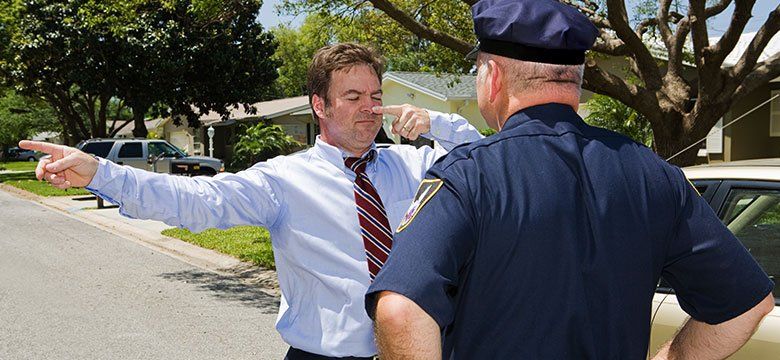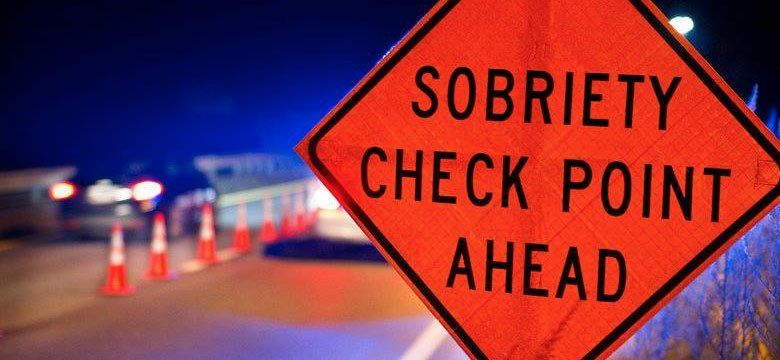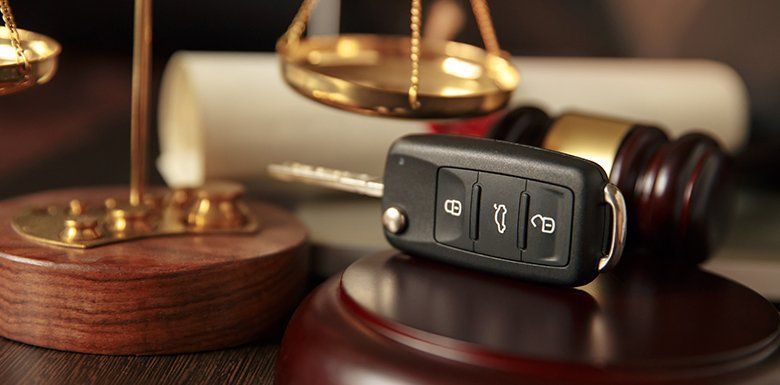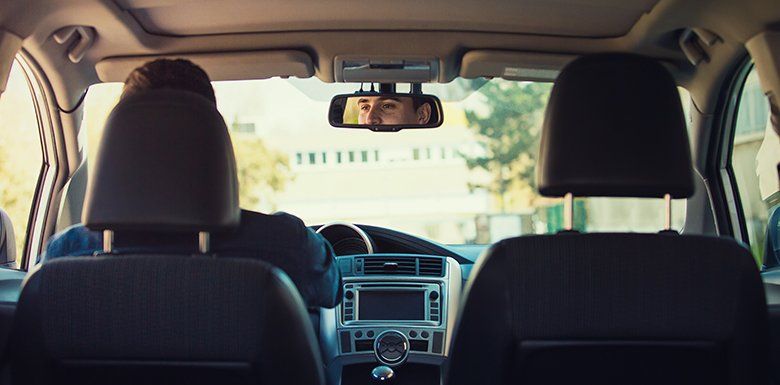Being stopped by the police and arrested for a first DWI is scary. A DWI (Driving While Impaired) in North Carolina is similar to DUI (Driving Under the Influence) in other states. Every DWI charge is a serious offense. Yet, you should not panic and assume you will be found guilty.
There are many ways to defend against DWI charges. There are also numerous ways to mitigate the consequences of a first-offense DUI conviction. But, in order to mount an aggressive defense or obtain the minimal penalties upon conviction, you need to work with an experienced DWI lawyer.
Contact Attorney Thom Goolsby to discuss the charges and criminal defense process for a DWI. You can reach out online or call
910-262-7401 to schedule a free consultation.
NORTH CAROLINA DWI STATUTE
North Caroline General Statute §20-138.1 prohibits drinking and driving and driving under the influence of drugs. It specifically states you can be charged with a DWI if you drive a vehicle on a street, highway, or public area:
- While under the influence of an impairing substance;
- After you consume enough alcohol to have a blood alcohol concentration equal to or higher than 0.08%; or
- With a Schedule I controlled substance in your blood or urine.
Under this law, you can be found guilty of a first-time DWI can be for having too much to drink, being impaired because of another drug or having any amount of a Schedule I drug in your system, such as heroin, cocaine, Ecstasy or opiates.
WHAT MAKES A FIRST DWI?
If you are pulled over by law enforcement and an officer suspects you are impaired due to drugs or alcohol, it can be tough, but you should remain calm.
During a traffic stop, you are required to provide the officer with your name, driver’s license, and proof of insurance. If an officer asks you to step out of the vehicle, you must do so. You should get out of the car slowly and carefully. If you have any physical conditions that impact your balance or mobility, you should politely inform the officer.
If an officer suspects you are intoxicated, they may ask you questions about where you have been, what you have been doing, and what you are going. You are not required to answer these questions. Whether you choose to answer or politely decline is up to you. Whatever you choose, do not argue with the officer.
An officer may ask you to complete one or more Standardized Field Sobriety Tests (SFSTs). The National Highway Transportation Safety Administration has only standardized three tests: the one leg stand test, the walk and turn test, and the horizontal gaze nystagmus test. An officer will use these to observe your physical and cognitive abilities, but these tests are often improperly administered and graded. You can and should decline to perform any SFSTs.
Whether or not you agree to submit to a SFST, the officer may still believe you are impaired and ask you to blow into a small roadside breath test device, commonly called a breathalyzer. If you have not been placed under arrest and the officer has not informed you of North Carolina’s implied consent law, then you can refuse without fear of civil or criminal consequences.
If, after everything, the officer arrests you for a DWI, then the best thing to do is cooperate and ask to call a lawyer. You have the right to contact a DWI attorney to represent you as soon as possible.
NORTH CAROLINA’S IMPLIED CONSENT LAW
When you are arrested for a DWI, whether or not it is your first DWI, an officer will inform you of North Carolina’s implied consent law. You will be told that under NCGS §20-16.2, you are required to submit to a breath, blood, or urine test to determine your BAC (Blood Alcohol Content). If you refuse, your driver’s license will, in most cases, be suspended for at least one year.
Before you submit to a breath or blood test, you have the right to ask for a lawyer and obtain a witness. However, you must either submit to or refuse the test within 30 minutes. It is imperative you make a call to a lawyer as soon as you can do so to advise you about your rights and whether you should submit to a breath, blood, or urine test or not.
FIRST DWI PENALTIES
The penalties you face for a first-time DWI depend on the specific facts in your case. If you are convicted of a DWI, the judge will sentence you based on whether you meet the factors for a Level AI, I, II, III, IV, or V DWI. Level AI is the most severe and Level V is the least severe DWI penalty.
The level you fall into depends on whether the judge determines there are any grossly aggravating, aggravating, or mitigating factors in your case.
- A Level V DWI/DUI is punished with between 24 hours and 60 days in jail and fines up to $200. For a first-offense DWI, jail time may be avoided though. Your sentence may be suspended if you perform at least 24 hours of community service.
- A Level IV DWI/DUI is penalized with between 48 hours and 120 days in jail and a fine up to $500.
- A Level III DWI/DUI is penalized with between 72 hours and six months in jail and fines up to $1,000.
- A Level II DWI/DUI is punished by between seven days and 12 months of incarceration and fines up to $2,000.
- A Level I DWI/DUI is punished with between 30 days and 24 months of incarceration and fines up to $4,000.
- An Aggravated Level I DWI/DUI is penalized by between 120 days and 36 months of incarceration and fines up to $10,000.
In addition to incarceration, probation, and fines, you also face a driver’s license suspension, higher auto insurance premiums and many other collateral consequences. A DWI conviction and the loss of your license can impact your ability to continue your education, find or maintain a job and take care of your family. A DWI could impact your custody agreement or visitation schedule if the other parent seeks a modification. This criminal conviction can make it difficult to travel abroad and, if you are not a United States citizen, it can have immigration consequences.
Overall, it is best to avoid a first DWI conviction by working with experienced DWI Defense Attorney Thom Goolsby.
GOOLSBY LAW FIRM CASE RESULTS




FACING A DWI FOR THE FIRST TIME?
When you are being charged with a DWI for the first time, you should not try to defend yourself or immediately plead guilty. There are many ways to defend against a DWI charge. The best thing to do is call Goolsby Law Firm, PLLC to speak with veteran DWI attorney Thom Goolsby. He has decades of experience defending against DWIs and fighting to obtain his clients the minimum consequences if a conviction is unavoidable.
Call 910-262-7401 today or use the online contact form to request your free initial consultation.
FREE CONSULTATIONS 24/7
CONTACT GOOLSBY LAW FIRM TODAY
Like any quality criminal defense attorney, Thom Goolsby may be in court when you first call, but leave a voice mail or send a text. We’ll get with you as soon as possible, so we can go over what happened, evaluate the case, and explain what comes next.

